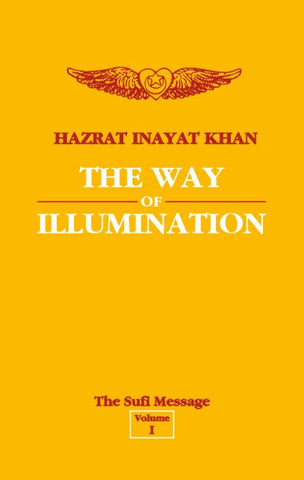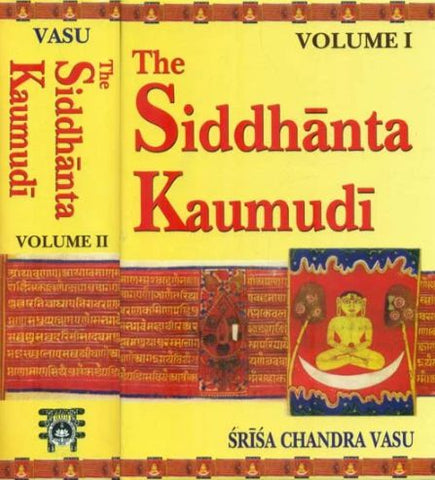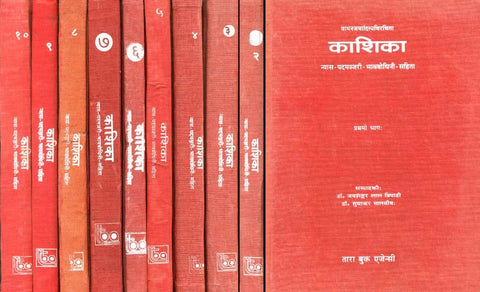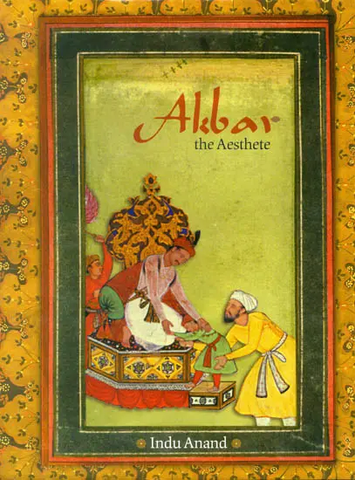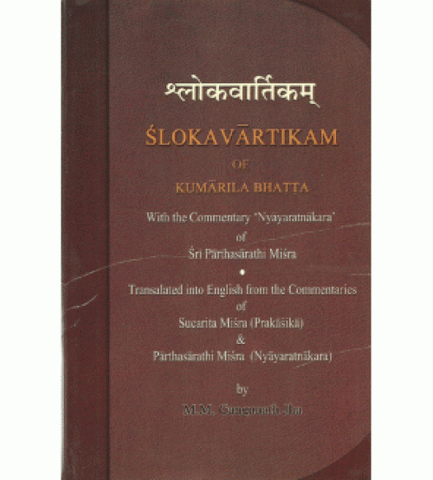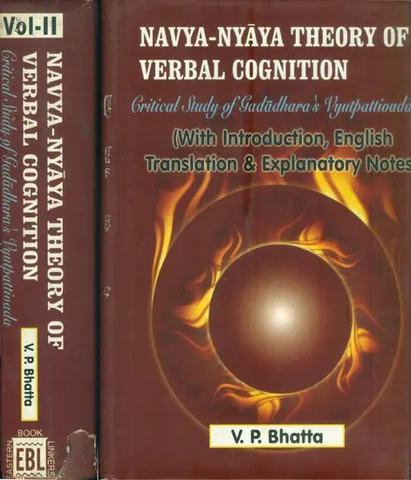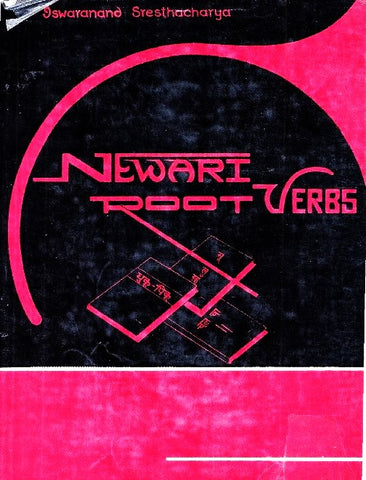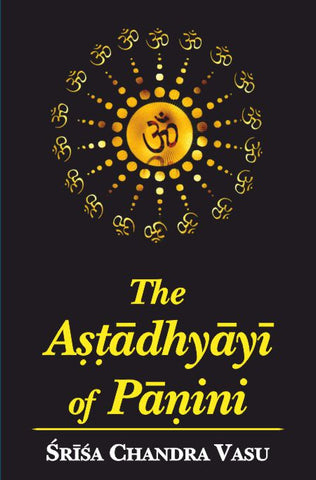Your cart is empty now.
his book is a sequel to self as Body in Asian Theory and Practice (Suny, 1993) and Anticipates a third book self as Image in Asian Theory and Practice. In order to address issues as diverse as the promotion of human rights or the resolution of sexism in ways that avoid inadvertent lapses into cultural Chauvinism alternative cultural perspectives that begin from differing conceptions of self and realization must be articulated that begin from differing conceptions the articulation of personal character within the disparate cultural experience of Japan China, and South Asia.
Roger T. Ames is Professor of Chinese Philosophy at the University of Hawaii. He edits the journal philosophy East and West. He is also the author of Thinking through Confucius (with David L. Hall) and Editor of Nature in Asian traditional of thought. Essays in Environment philosophy (with J. Baird Callicott) and self as Body in Asian theory and Practice (with Thomas P. Kasulis and Wimal Dissanayake) all published by Suny press.
Wimal Dissanayake is a Senior Research Fellow attached to the East West Center in Honolulu. He is also a member of the graduate faculty of the department of Communication at the University of Hawaii. He is the author of several books on literature, film, and communication the editor of the East West film journal and has co-edited Self as Body in Asian theory and Practice published by Suny Press.
Thomas P. Kasulis is professor of Comparative Studies in the Humanities at the Ohio State University. He has been the visiting professor in Buddhist Studies at the University of Chicago a Japan foundation Fellow at Osaka University and a Mellon Faculty fellow at Harvard. He has also served as president of the society for Asian and comparative philosophy. He is the editor and co-translator of the body toward an Eastern Mind Body theory and co-editor of self as body in Asian theory and practice both published by Suny press.
This Suny Press series of anthologies on self emerges out of a project initiated and organized at the East West Center in Honolulu by Wimal Dissanayake a research associate at the Center. Over the past few years relatively small seminars approximately twenty scholars on each occasion have been convened at the center to bring experts representing different cultures and different disciplinary perspectives into conversation. Most of the articles included here were selected from papers presented and discussed in this forum. A major criterion in the selection process was to find a balance between reflection on those specific practices that define cultural differences and the application of emergent theories once shaped and abstracted as instruments of explanation for cultural practices.
The perhaps uncontroversial starting point of the investigation of self is that different cultural experiences have produced importantly different conceptions of self and that these different conceptions of self need to be factored into any responsible evaluation of contemporary issues and problems. To actively address seemingly global issues as diverse as the problems of human rights or the resolution of sexism in ways that avoid the familiar though often inadvertent lapse into cultural chauvinism alternative cultural perspectives that begin from differing conceptions of self and self realization must be fully articulated and respected.
Although the recognition that alternative cultural experiences produce different notions of self and hence different expectations for self fulfillment might be uncontroversial the question of what value we give this difference still remains. A. N. whitehead in modes of thought makes a distinction between matters-of-fact and importance. This distinction can be best understood by illustration. We might for example ask the question. Is formal logical reasoning a universal characteristic of high cultures? The answer is not simple. Cultures are rich and diverse and where it is indisputably a matter of fact that in the later mohist canons of the Chinese tradition for example we can find some commitment to formalized logic we must ask the further question. What is the importance to formalized logic to the development of the Chinese philosophic tradition as a whole? If the answer to this second question is that logic has had to best only an incidental influence on Chinese philosophy, it can change the value of the assertion that formal logic development in china from a clear demonstration of universality to a demonstration that what we as a tradition have taken as a necessary condition for responsible philosophical evidence had had only passing notice in one of humanity’s most developed cultures. In other works the relative unimportance of logic for China far from encouraging claims of sameness underscores the radical degree of difference that obtains among cultural traditions. In this case the exception proves the rule.
In exploring alternative conceptions of self what value do we give to universal assumptions about humanity that will guarantee at least the necessary minimum of cross-cultural respect and with it the very possibility of comparison and what value do we give to radical claims about difference that will hold cultural reductionism at bay and preserve the richness and diversity of competing cultures? In recent time among those of us who take it upon ourselves to investigate other peoples there seem to be two very different temperaments and agendas. Some students of alternative cultures are inclined to believe that when all is said and done human beings all of the divergences there surely must be universal problems that transcend cultural differences others do not. Some believe that behind all of the divergences there surely must be universal problems that transcend cultural differences: others believe that behind the more obvious and uninteresting physiological and other apparently acultural similarities one head two ears and so on there are profound and exotic differences that derive form culture bound ways of thinking and living. Some believe that form failing to regard the commonality as most important is to deny the alternative cultures their humanity others believe that to assert such an essential commonality is to deny alternative cultures their uniqueness. While the contributors to this volume certainly line up on both sides of the distinction between an emphasis on sameness and an emphasis on difference those authors representing non western traditions would argue that a different degree of emphasis on sameness and difference is itself a distinguishing characteristic among cultures. At the same time there has been a sea change occurring within the western academy beginning at its philosophic center which has brought strident universalistic scrutiny and revived an interest in the currents and swells of particular histories and cultures.
| Introduction Roger T. Ames | vii | |
| Part One A Basis for Engagement | ||
| Introduction to Part One (Roger T. Ames) | 3 | |
| 1 | Recapturing personal Identity (Robert C. Solomon) | 7 |
| 2 | The Coordination of the Self and the Passions (Amelie Oksenberg Rorty) | 35 |
| 3 | Rousseau Hakuseki and Hakuin Paradigms of Self in three Autobiographers (John C. Marakdo) | 57 |
| Part Two: Person in Japanese Theory and Practice | ||
| Introduction to Part Two (Thomas P. Kasulis) | 83 | |
| 4 | Researching the Strata of the Japanese Self (Thomas P. Kasulis) | 87 |
| 5 | Migawari The Cultural Idiom of Self other Exchange in Japan (Takie Sugiyama Lebra) | 107 |
| 6 | Spiritual Quests of Twentieth Century Women A theory of Self Discovery and a Japanese Case Study Diane B. Obenchain | 125 |
| Part Three Person In Chinese Theory and Practice | ||
| Introduction to Part Three Roger T. Ames | 171 | |
| 7 | Embodying the Universe A Note on Confucian Sel Realization Tu Wei-ming | 177 |
| 8 | The Focus field self in classical Confucianism Roger T. Ames | 187 |
| 9 | To Be or Not To be The Postmodern Self and the Wu-forms of Taoism David L Hall | 213 |
| 10 | Self and Collectivity Socialization in Chinese Preschools David Y. H Wu | 235 |
| 11 | Beyond the Patrilineal Self Constructing Gender in China Margery Wolf | 251 |
| Part Four: Person in Indian Theory and Practice | ||
| 12 | The Perception of Self in Indian tradition Bimal Krishna matilal | 279 |
| 13 | Emotion Profiles The Self and the Emotion of Pride Padmasiri De Silva | 297 |
| 14 | Conceptualizing the Person Hierarchical Society and Individual Autonomy in India Mattison Mines | 317 |
| 15 | Self, Identity and Creativity Women Writers in India Yamuna Kachru | 335 |
| 16 | Selves in Motion An Indian Japanese Comparison Alan Roland | 379 |
| Contributors | 379 | |
| Index | 383 |
Delivery and Shipping Policy
- INTERNATIONAL SHIPPING
- Rs.1000-1100/kg
- ESTD. Delivery Time: 2-3 weeks (depending on location)
- Bubble Wrapped with Extra Padding
- NATIONAL SHIPPING
- NCR: Rs. 30/half kg
- Standard: Rs. 80/half kg
- Express shipments also available on Request
- ESTD. Delivery Time: Ranging from 1-4 days up to 7 business days (Depending on your choice of Delivery)
- TRACKING
- All orders; national or international, will be provided with a Tracking ID to check the status of their respective orders
- Depending on the Shipping Service, Tracking ID may be used on their respective tracking portals
Frequently Asked Questions (FAQs)
Domestic Shipping: 3-4 Days (after shipping)
International Shipping: 1-2 weeks (based on your location)
You will receive an email once your order has been shipped or you can email us if you didn't receive tracking details (info@mlbd.co.in)
Every book that we sell is the latest edition except all the rare books
Yes, we do provide free shipping, only on domestic orders (within India) above Rs.1500



